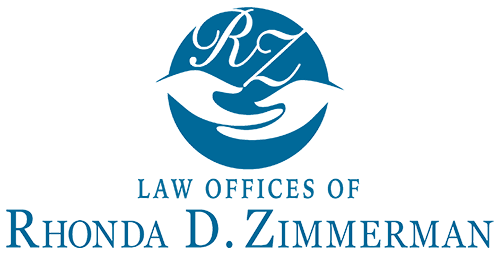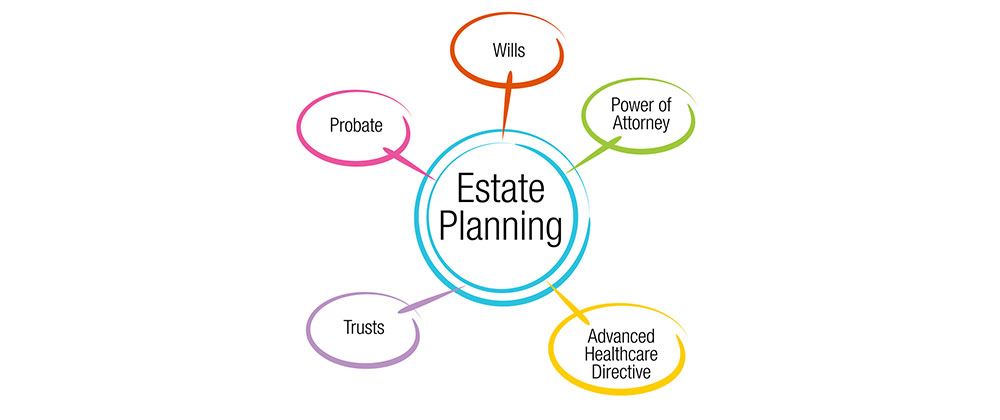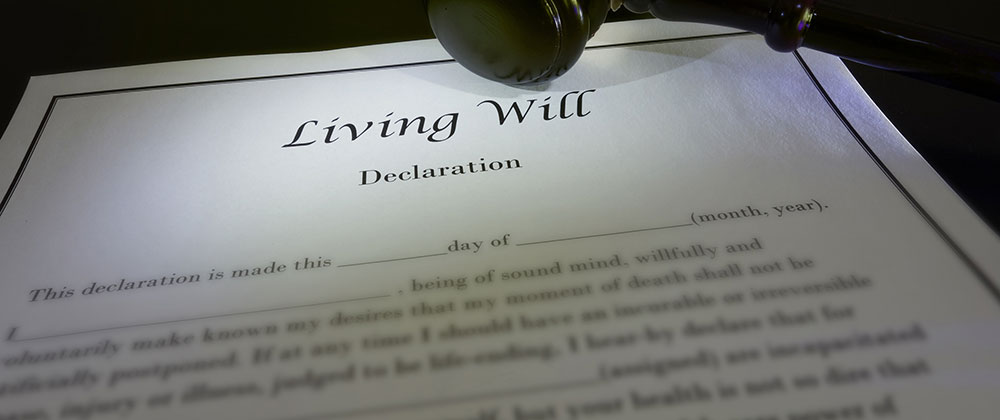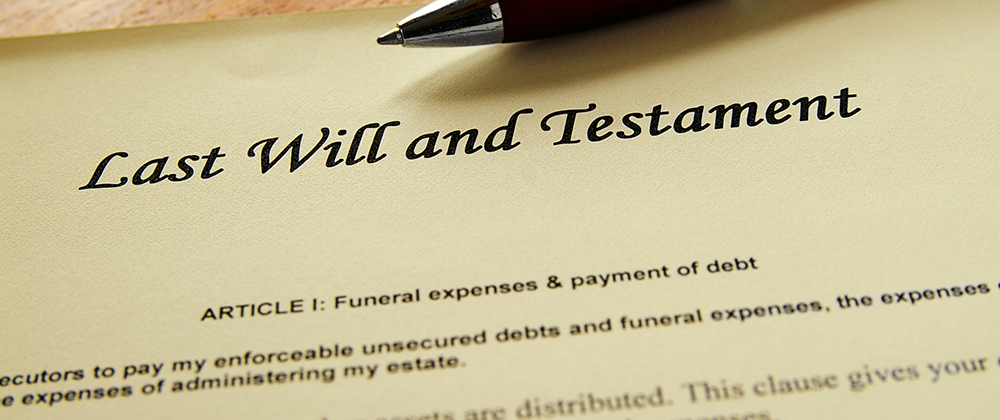Learning Important Estate Planning Terms
The terminology used by Fort Lauderdale estate planning lawyers when discussing estate plans with their clients can sometimes be confusing. However, Fort Lauderdale estate planning lawyer Rhonda D. Zimmerman, Esq. will explain the options to you in language that you can understand. While this can make the process much simpler, you can also familiarize yourself with some of the frequently used legal terms in estate planning. The Law Offices of Rhonda D. Zimmerman, Esq. have compiled a short list of terms and what they mean to help you feel more comfortable when you meet to create a plan that will reflect your goals and interests.
Common Estate Planning Terms
- Will – A legal document that meets the state’s requirements and is used to transfer your assets after your death to the people or organizations of your choosing
- Executor – The person named in your will who will be responsible for handling your estate and distributing your assets to your beneficiaries
- Personal representative – A person appointed by the probate court to manage the estate of a decedent who passes away without a will or trust
- Estate – All assets owned by a decedent at the time of their death
- Decedent – The person who died
- Beneficiary – A person or organization that will receive assets from the estate
- Testator – Creator of a will
- Trust – A legal tool that can be used to transfer property to be managed by a trustee for the beneficiary’s benefit and can transfer assets outside of the probate process
- Trustee – The individual or entity named in the trust agreement who will manage and administer trust assets according to the trust’s terms
- Trustor or grantor – The person who creates the trust
- Revocable trust – A trust that the grantor can revoke or modify during their life
- Irrevocable trust – A trust that can’t be revoked or modified once it’s created
- Power of Attorney – A legal document through which the creator grants the authority to an attorney-in-fact or agent to make financial or healthcare decisions for the creator if they become incompetent or aren’t available
- Attorney in fact or agent – The person named in the power of attorney with the authority to act but does not need to be a lawyer
- Probate process – The legal process overseen by the probate court to inventory and transfer the decedent’s assets, settle the outstanding debts, and distribute property to the beneficiaries or heirs
- Donor – An individual or entity who gifts an asset to someone else
- Donee – An individual or entity who is given an asset by a donor
- Guardian of a person – Someone appointed by the court to care for an incompetent person or minor
- Guardian of an estate – Someone appointed by the court to represent the financial interests of an incompetent person or minor
Get Estate Planning Help
If you are ready to create your estate plan, you should talk to Fort Lauderdale estate planning lawyer Rhonda D. Zimmerman, Esq. Attorney Zimmerman has practiced law since 1991 and can help you create a plan that meets your estate planning goals. Call us today to schedule an appointment at (954) 822-7566.




